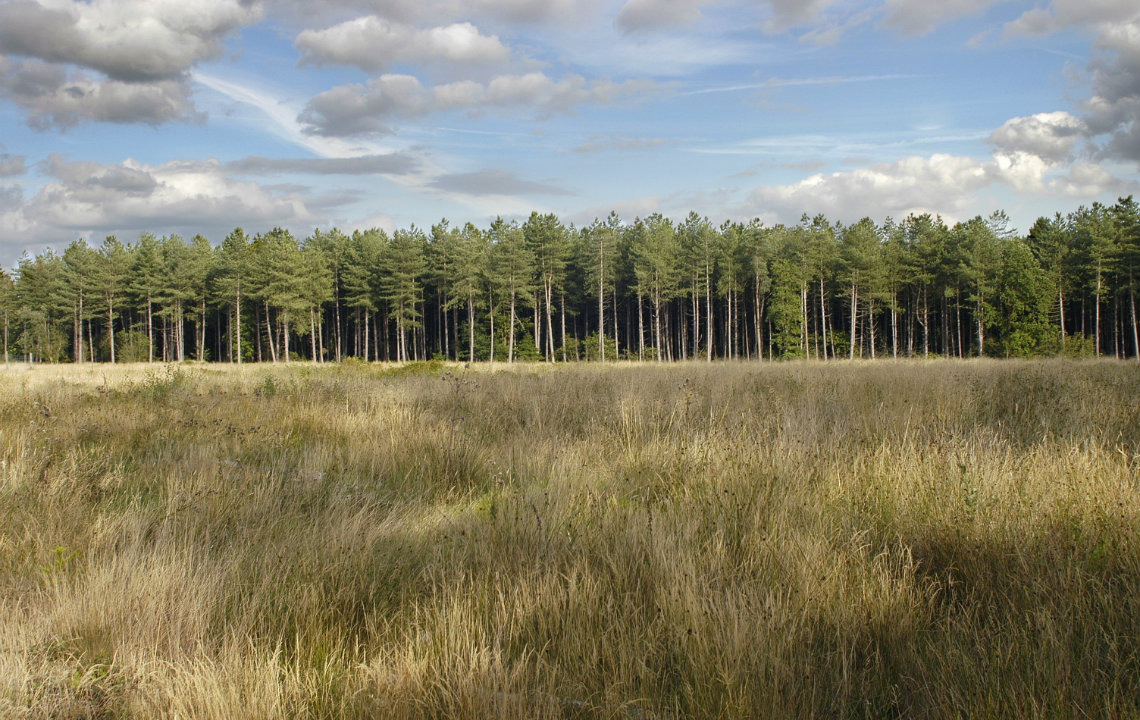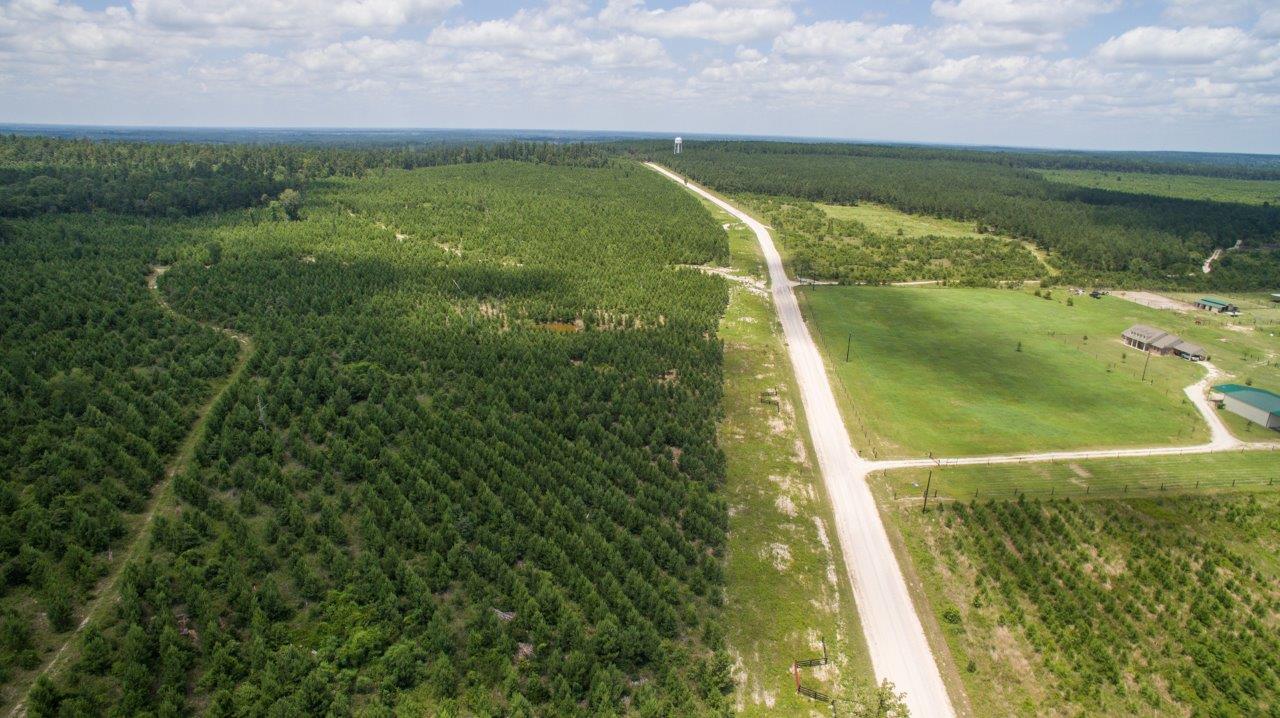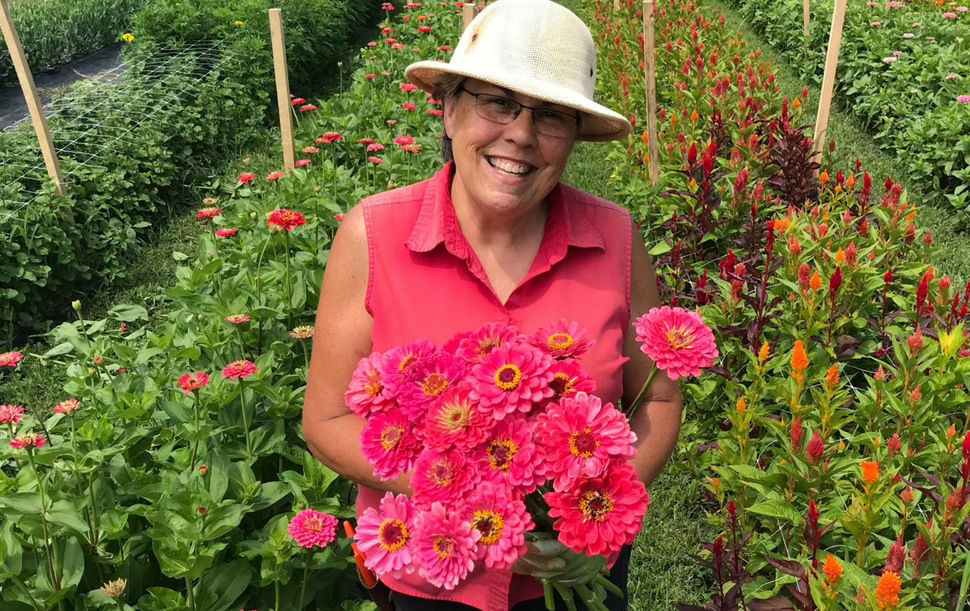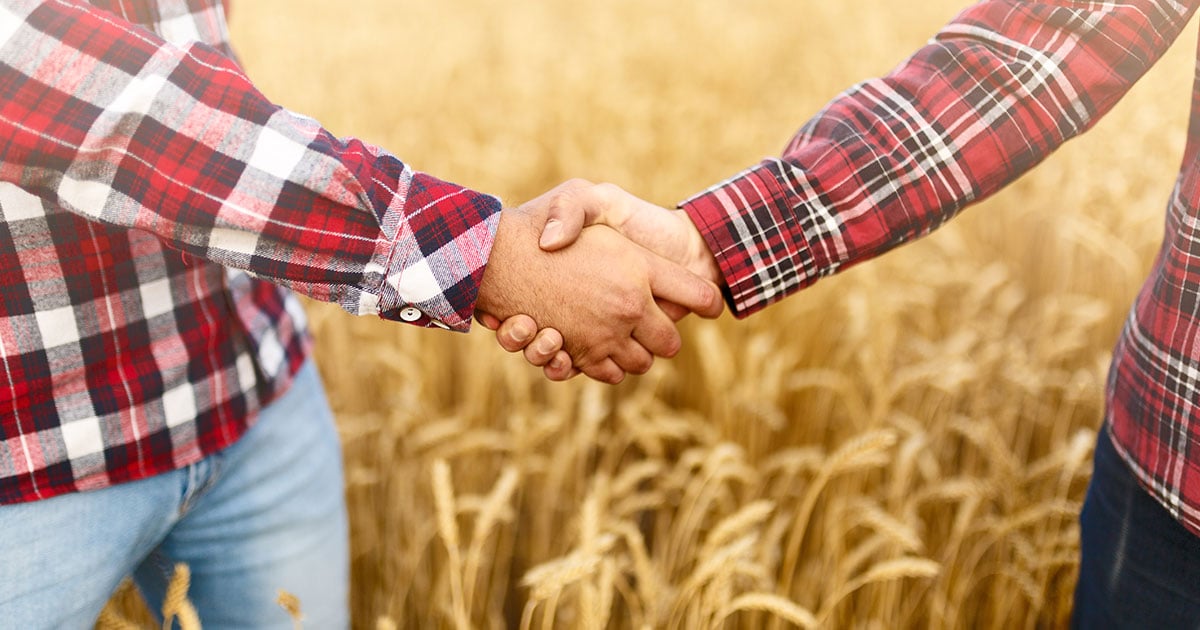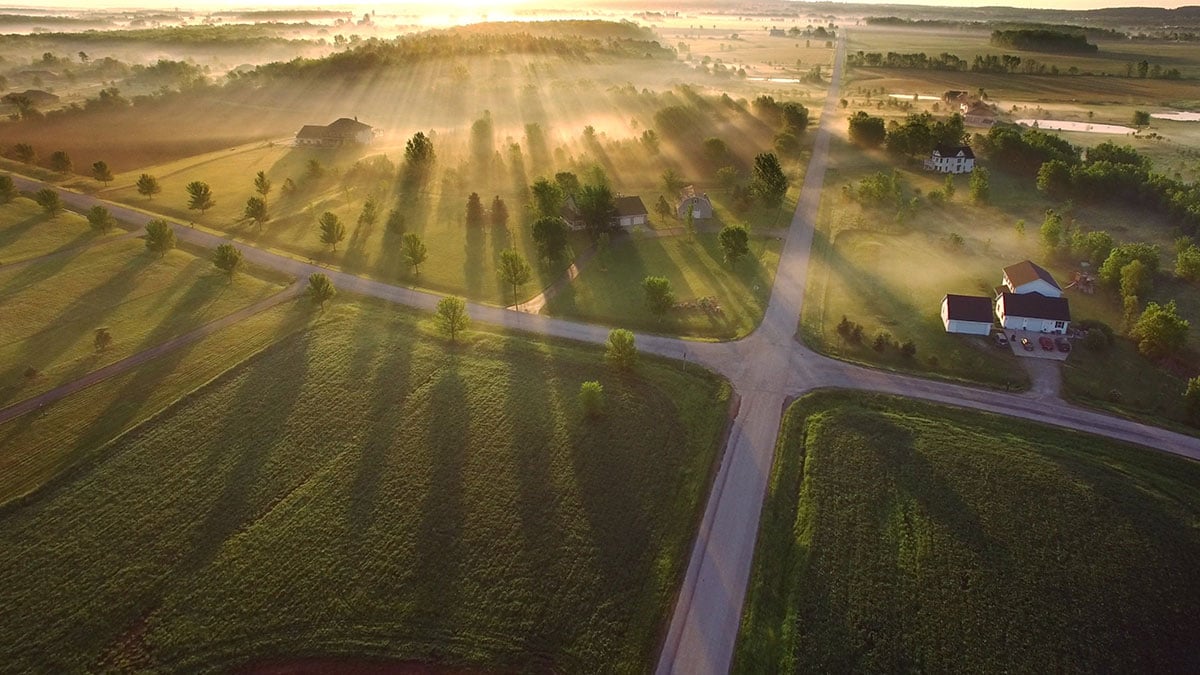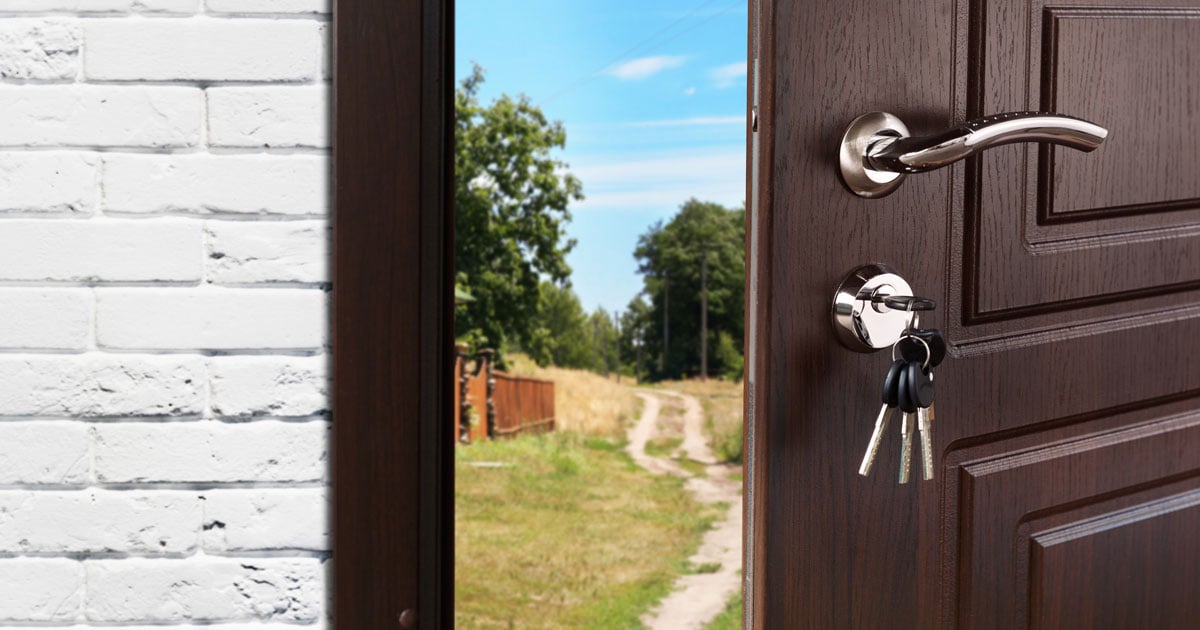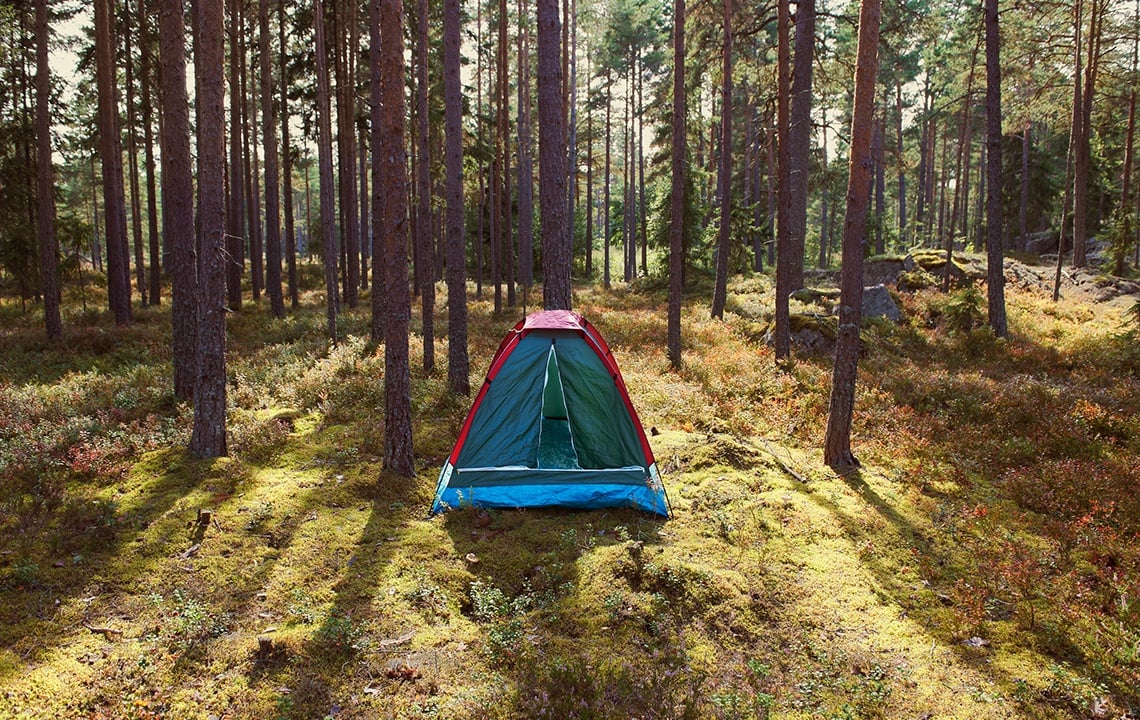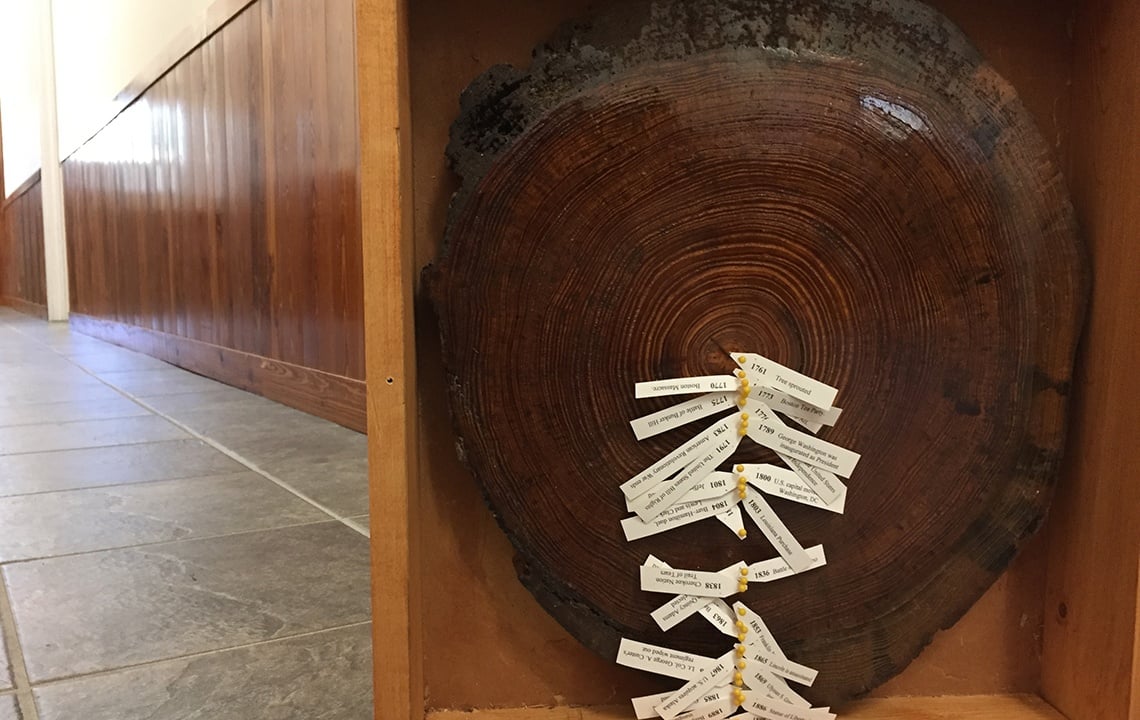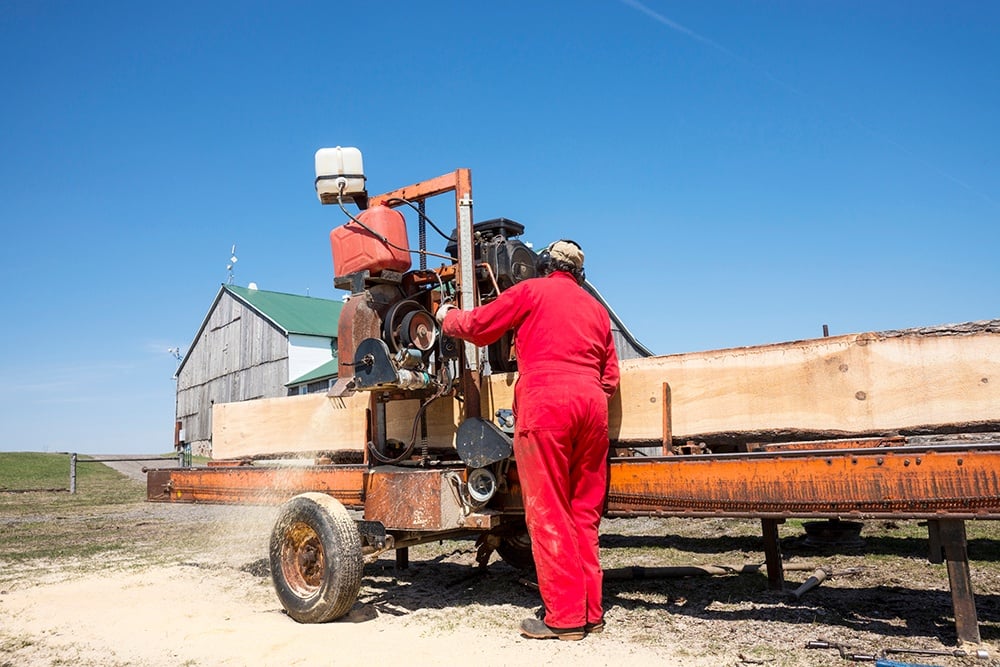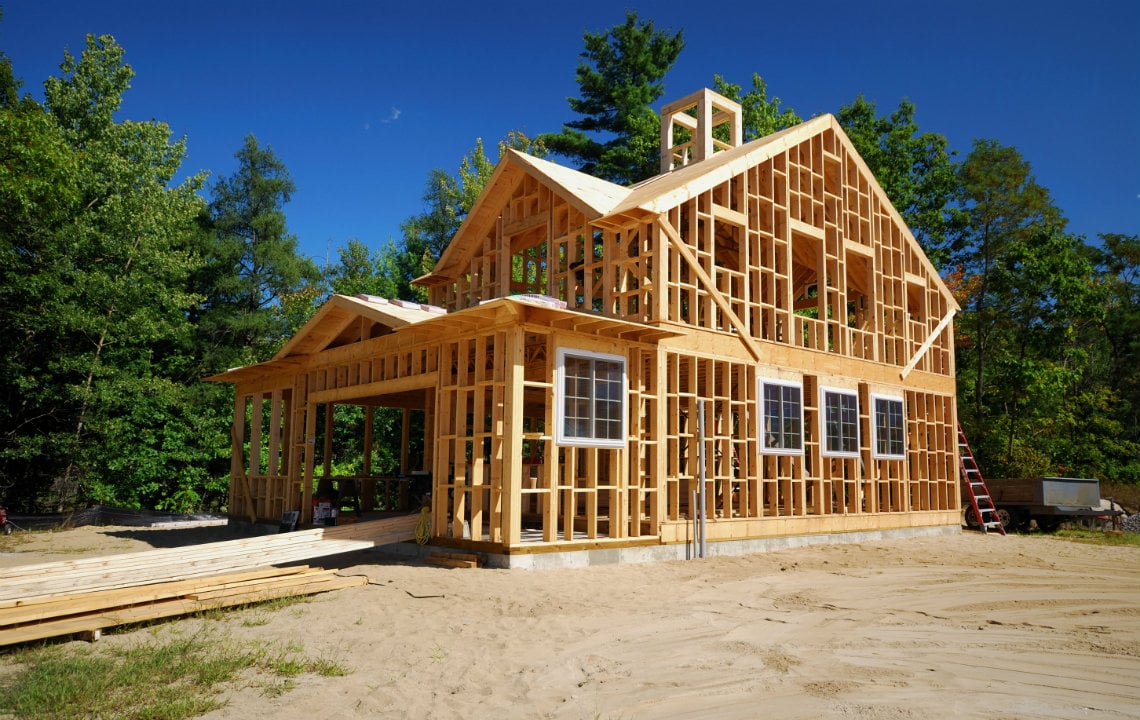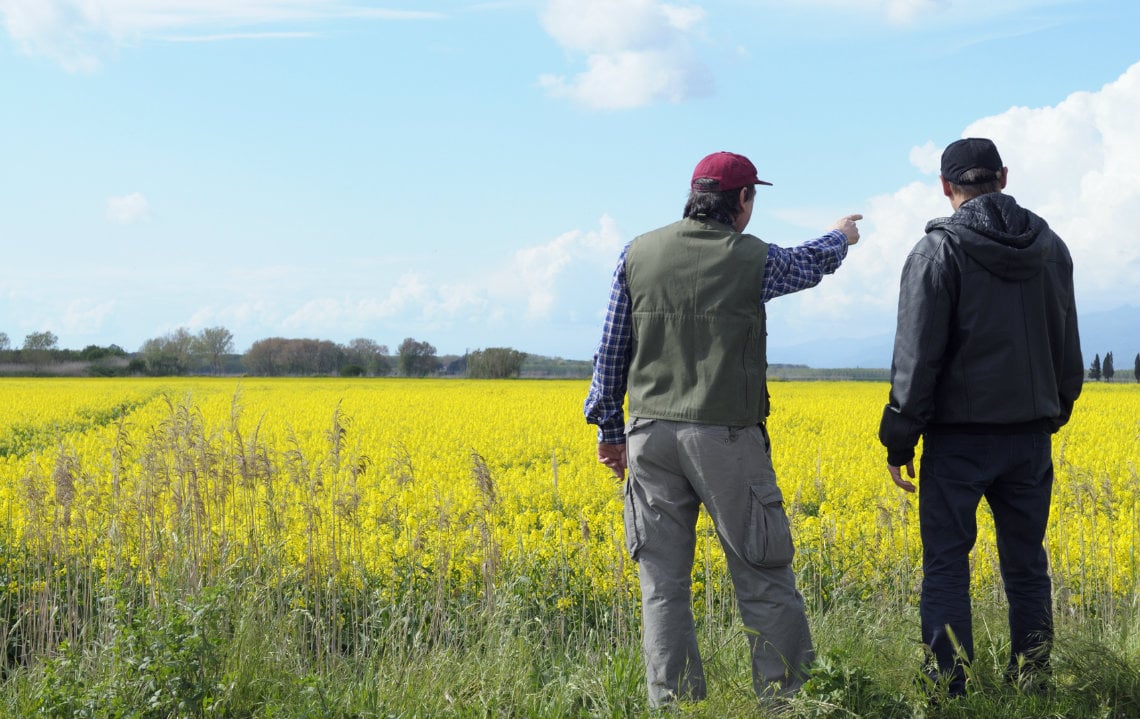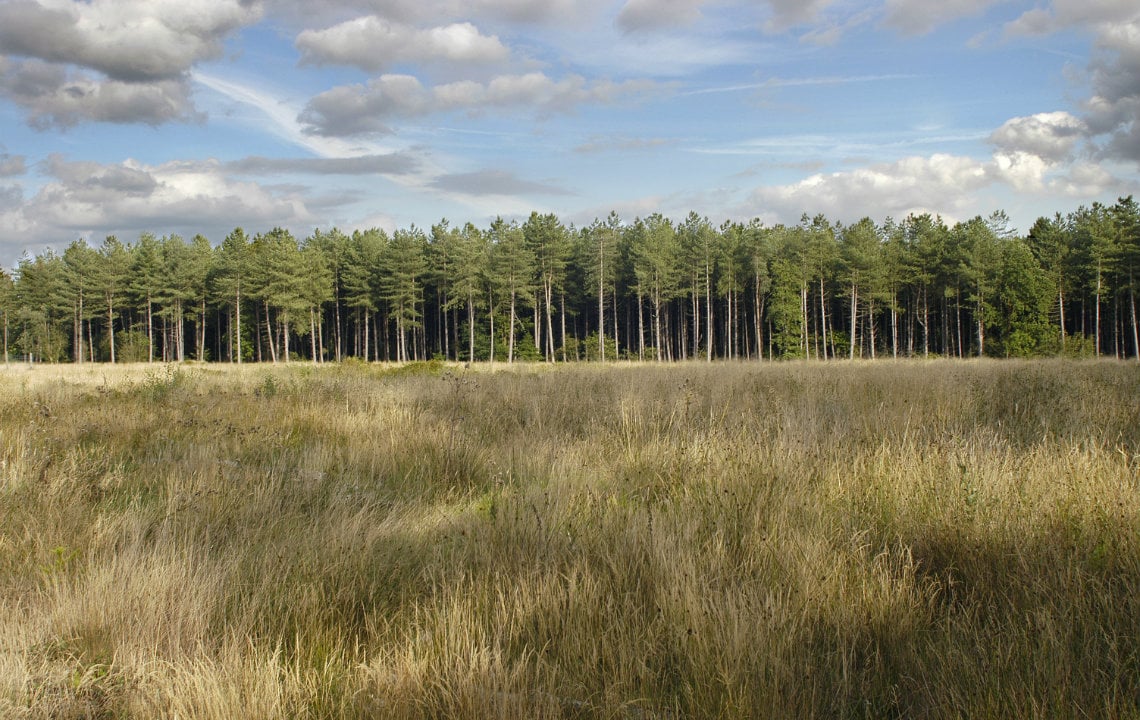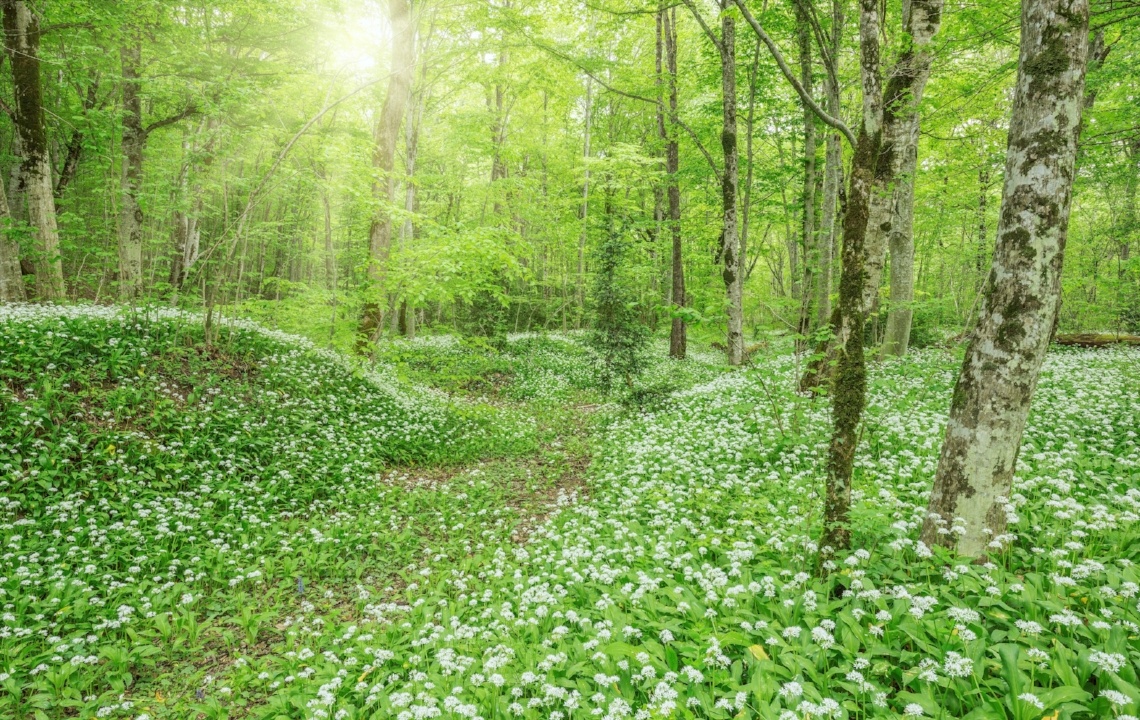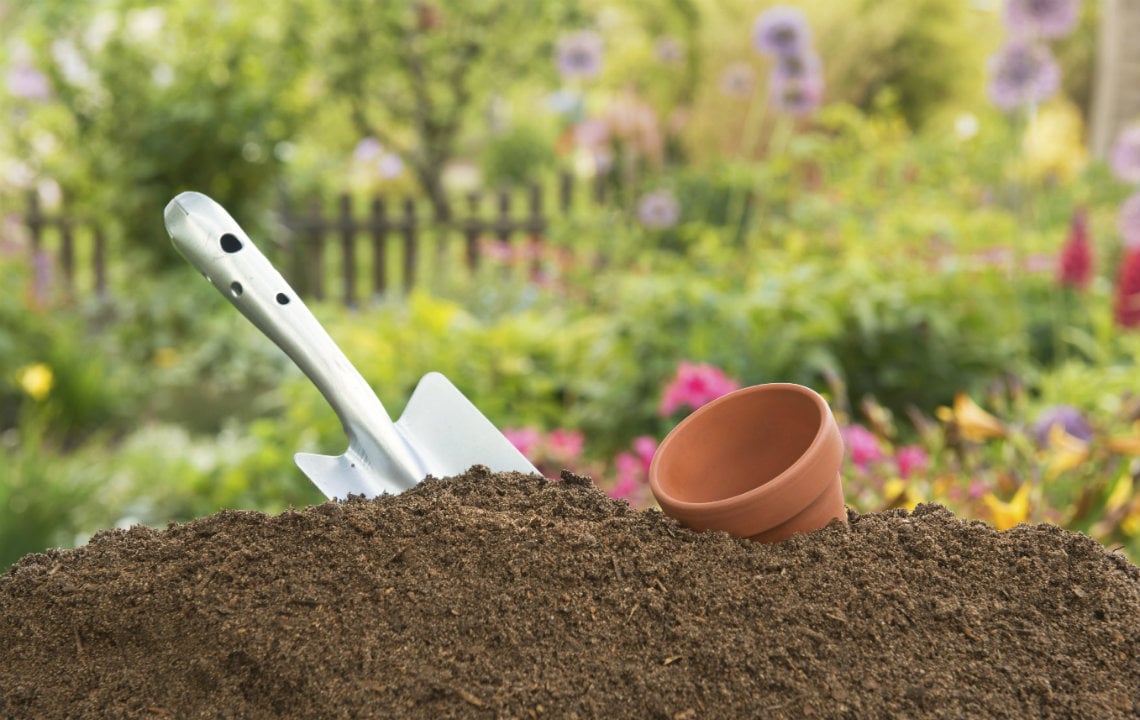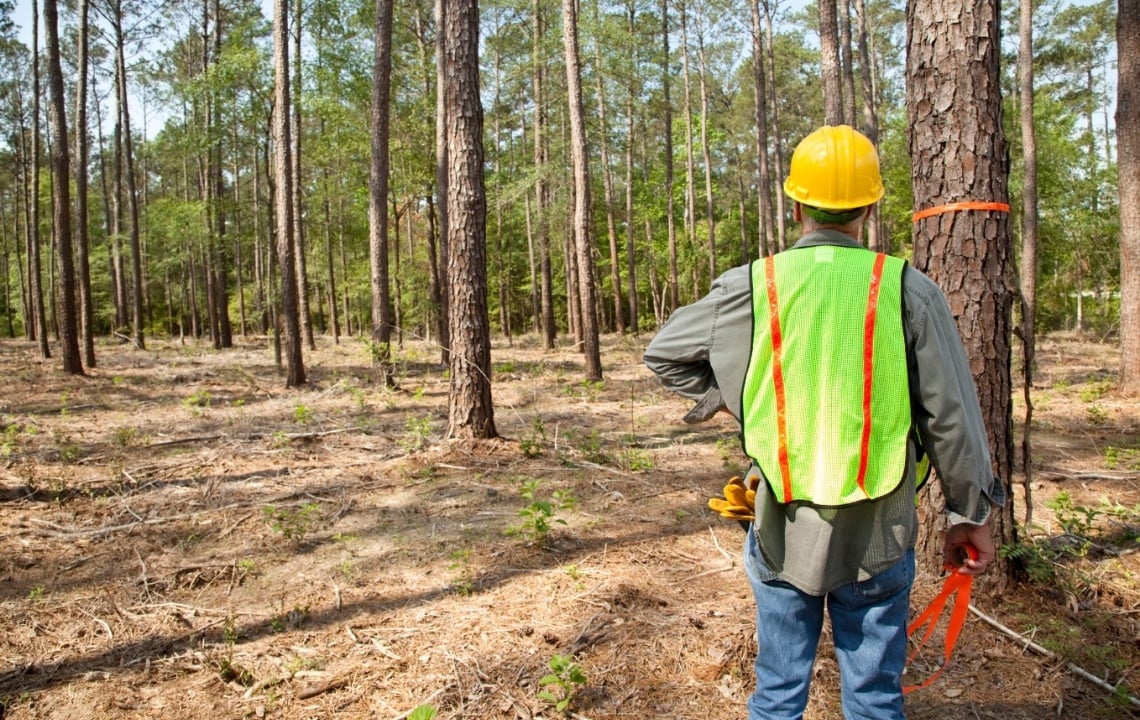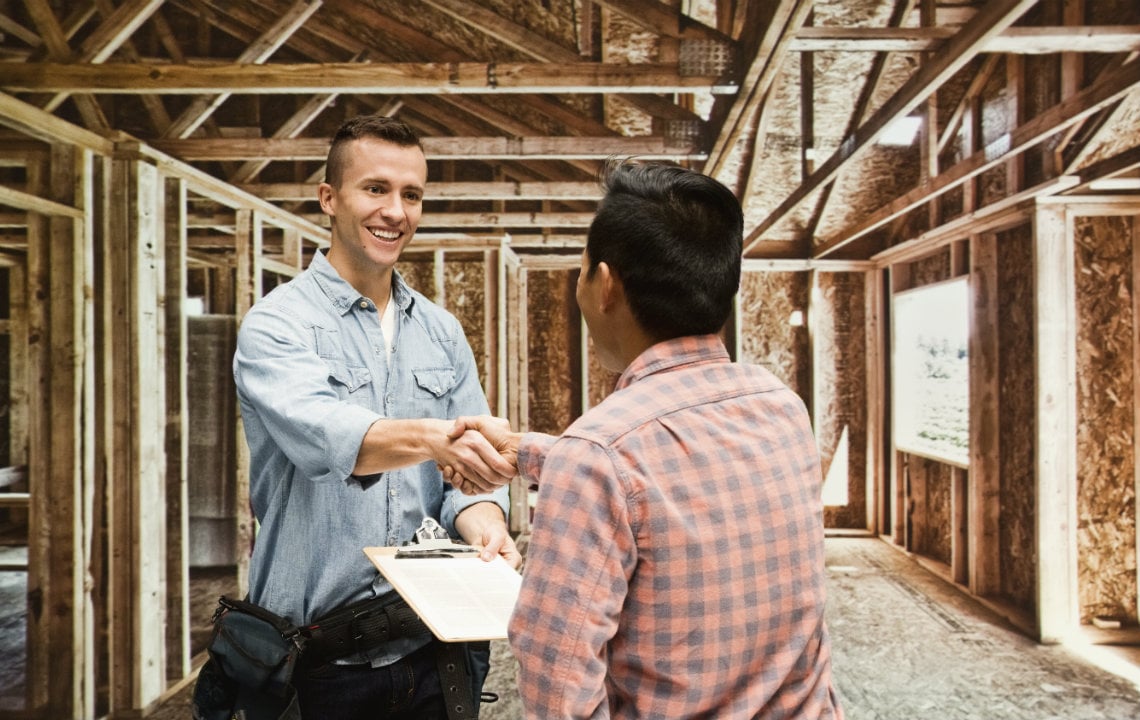Land broker Ryker Carter explains how investing in land can pay off, both in the value of the land, itself, and in the ways you can use the land to make money.
Among land broker Ryker Carter’s clients are investors who have lost a ton of money on Wall Street.
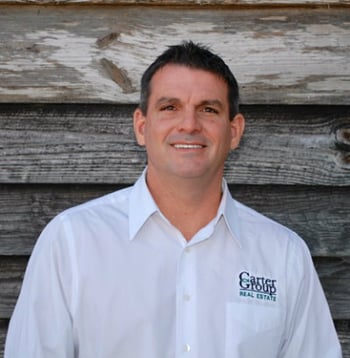 |
| Ryker Carter |
“I had a call last week. The guy told me he lost nearly $100,000 in the stock market,” says Carter, founder and co-owner of Carter Group Real Estate, headquartered in Jesup, Georgia.
The disappointed stockholder wanted to diversify into land, a choice Carter describes as “a less risky investment."
"When you buy land, you’ve got something that’s actually tangible,” the broker notes. “You can fish on it, you can hunt, you can lease it out and you’ve actually got something besides just a piece of paper.”
In addition, land is “usually going to appreciate if you have done your homework,” he says. “You make the money when you purchase the property. If you purchase it right, then eventually your return is going to be better.”
However, the opposite is true as well: “If you don’t do any research or don’t use somebody like us who knows the field, land can be a bad investment.”
First of all, know your goals, advises Carter. “Are you buying land strictly for an investment, for recreation? Or are you doing it for both?”
Your answers will help your broker pinpoint the correct property for you.
Investing in Land Beyond the Purchase
Once you've purchased the land, there are additional ways to invest in it.
“You’ve got a good investment in the land itself,” Carter says, “and then you can add all the bells and whistles to that.”
By that he means growing, harvesting, leasing or otherwise using the land to further increase the land’s value as an investment property.
Growing timber is a tried and true way to make land profitable.
 “The timber pricing in our area is really good,” Carter says, especially pine. In addition to timber, straw from pine trees is another way to make a land investment pay, he says. Straw can be gathered from naturally growing pines in wooded tracts or gathered as harvest from pine farms.
“The timber pricing in our area is really good,” Carter says, especially pine. In addition to timber, straw from pine trees is another way to make a land investment pay, he says. Straw can be gathered from naturally growing pines in wooded tracts or gathered as harvest from pine farms.
“Most people do a lease option on the pine straw, just like a lease on a farm,” he notes.
Different types of pine produce different quality straw.
“Long leaf are the best,” Carter says. “We have clients that get $200 an acre out of their long-leaf pine straw.”
Federal programs can provide funding to plant long leaf if your property doesn’t already have it.
Depending on the land’s use, hardwoods and wetlands can also pay off for investors, he says. If prospective buyers are buying the land for hunting, they “usually like a little bit of a hardwood area.”
Hardwoods tend to grow in wetter areas than what pines require; wetlands make good deer, duck, and other hunting terrain. Also, property owners can lease the land to hunters, another way to bring in income, Carter says.
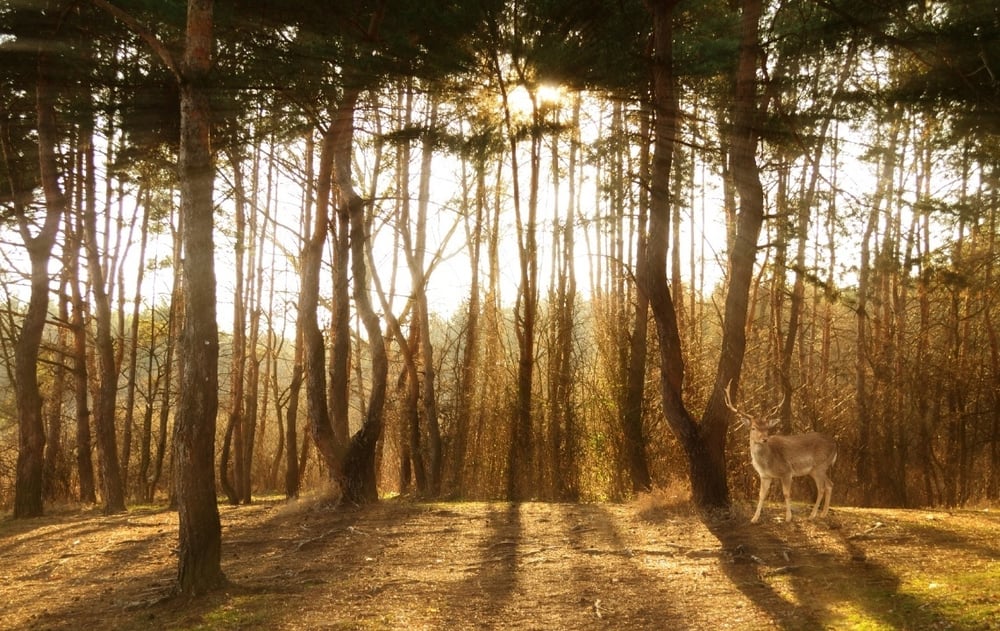
Farming can also make a land investment profitable.
“One of the big demands is mini-farms, what I call ‘gentleman’ farms,’” Carter says. “Blueberries are huge in our area. It’s a big business.”
Land can also be used to raise livestock or horses.
Before making a land purchase, Carter strongly advises prospective buyers to seek experienced land realtors.
“If you don’t have proper guidance from someone in the business, you can really hurt the value,” Carter says. As an example, he cites harvesting timber poorly: “You can cut it ‘ugly’ or to where it’s actually got some curb appeal.”
What to Consider When Buying Land for Investment
- If you’re planning on growing timber or farming, soil quality is important.
- Access is crucial. Many states grant your right as property owner to have access. But if enforcement is necessary, court costs can be expensive.
- Access to electricity and paved roads are huge pluses.
- Make sure you have a proper site for a septic system. Counties usually have environmental specialists who will inspect.
- “Location, location, location” still applies in land investment and resell. A 30- or 40-minute drive to reach land for recreational purposes might be far more attractive to a buyer than a two-hour drive.
- Consider desirable qualities of the land for resell or personal use. “Aesthetics will make it sell or not sell,” Carter says. “If you’ve got a creek, a pond or a river tract, it’s going to be more valuable.”
Carter Group Real Estate covers 14 counties near the southeastern quadrant of coastal Georgia. Carter is also part of the independent broker network that works with Raydient Places + Properties, the company that manages Rethink:Rural.


